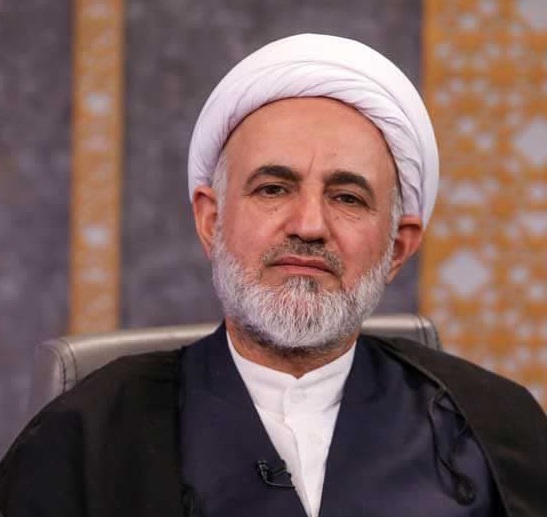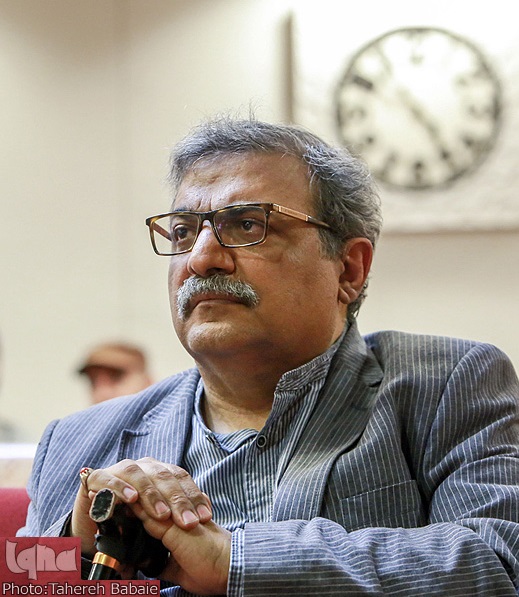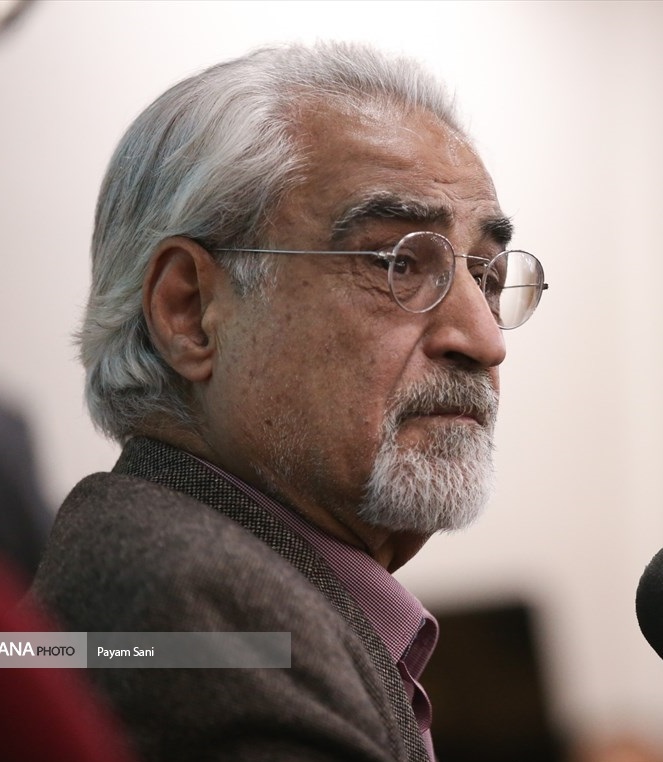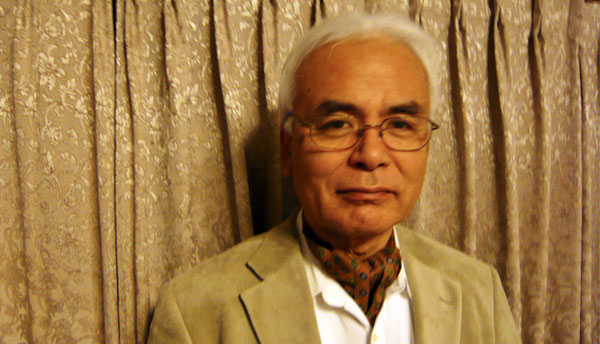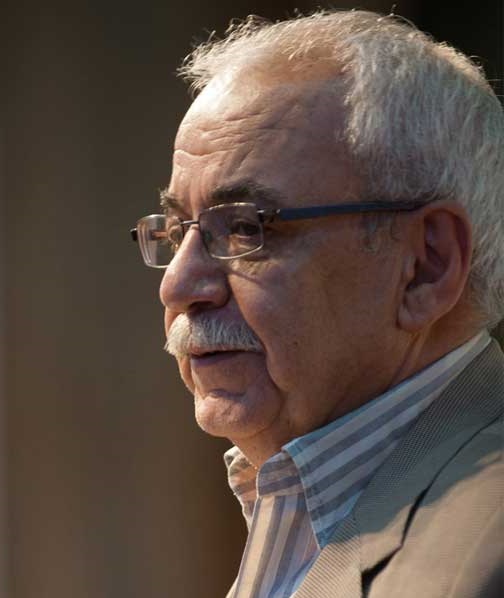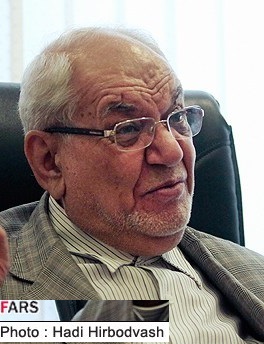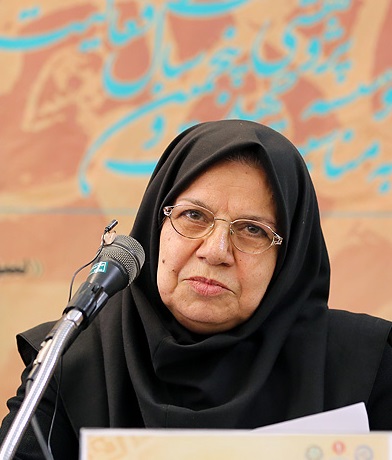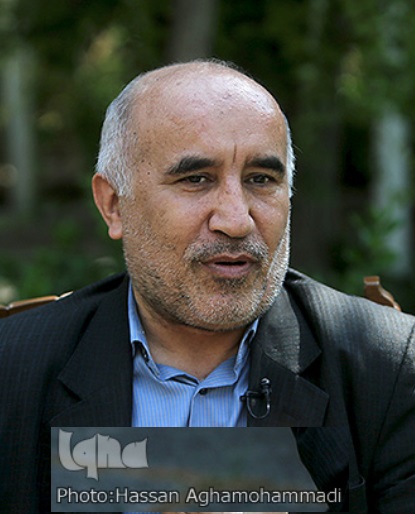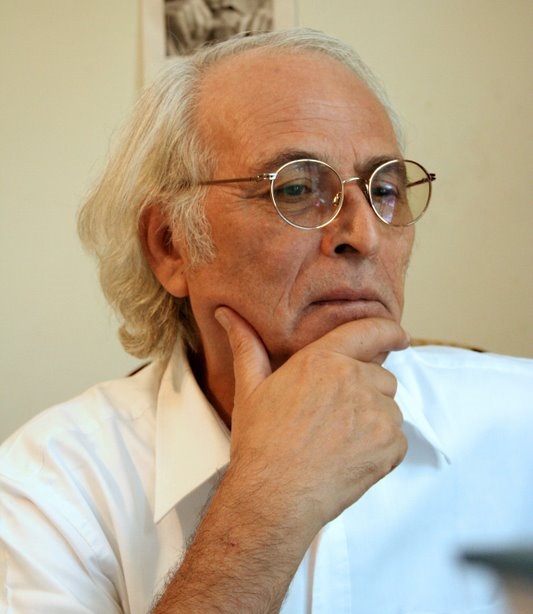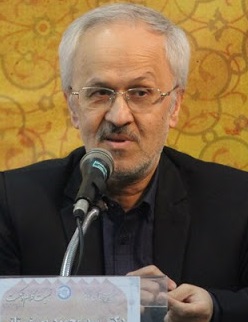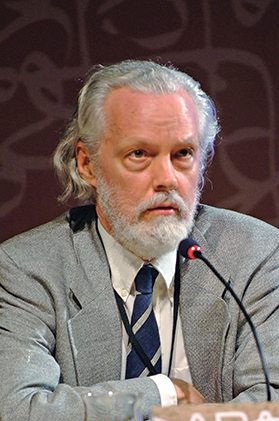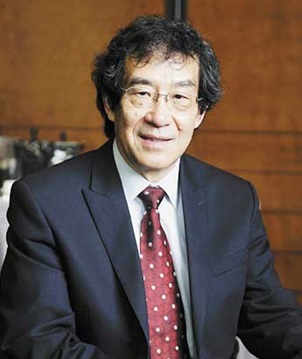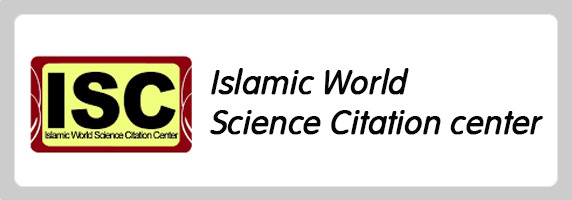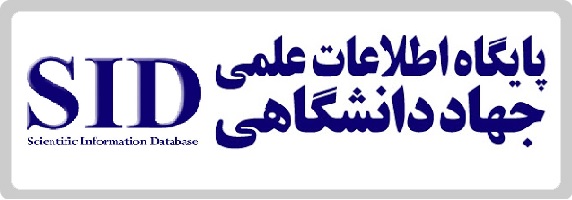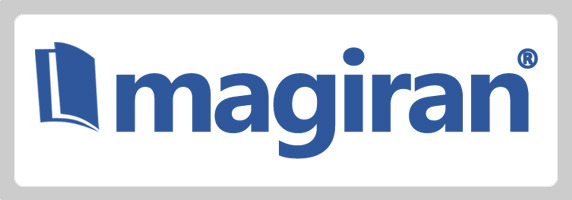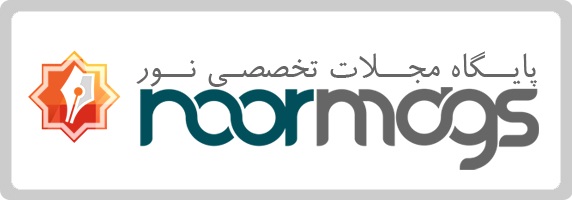Analysis of the meaning of ethos in the views of Heraclitus (Case Study: Fragment B119 Heraclitus)
Keywords:
Ethos, Heraclitus, Daimon, wisdom, LogosAbstract
The term of "ethos" which first used in works of the eighth to fifth centuries B.C, as habit, nature, character and deceptive character, is also found in the opinions of philosophers of that time, special in Heraclitus. But the meaning of ethos in Heraclitus, has always been a point of contention for researchers, particular in B119. By analyze its key terms, namely, ethos and daimon, we will find that "daimon" means as "the highest level of human Being", and "ethos" as "divine nature"; the nature that relates daimon, wisdom and logos. In Heraclitus opinion, in spite of the great difference between the dignity of ethos and daimon in following wisdom, which is virtue and also a part of the logos system, it is possible for man to ascend to the daimon stage on a worldly level; but the attainment of the perfect divine nature in the world is impossible.

